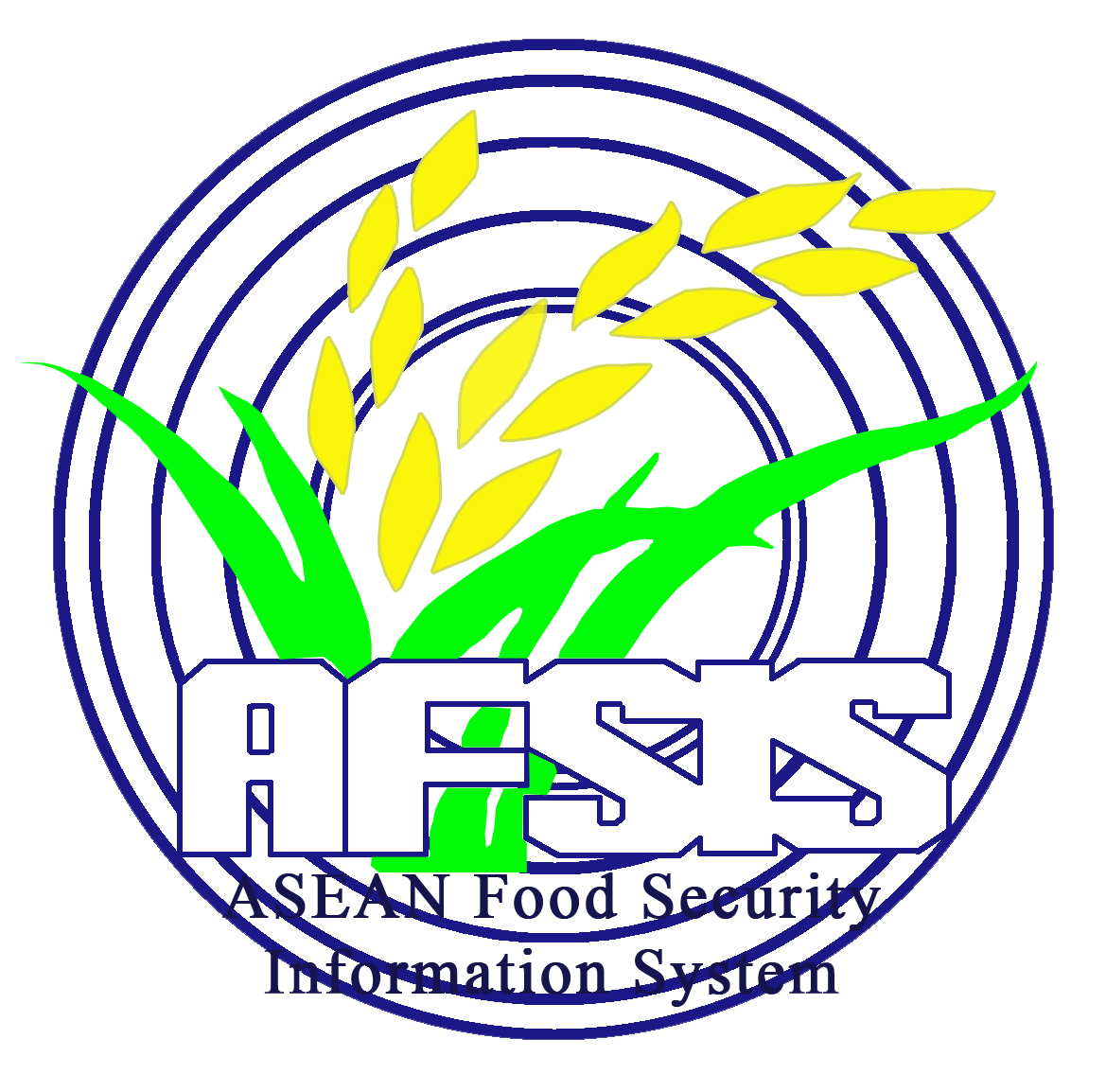

Source: ASEAN Disaster Monitoring & Response System (DMRS), ASEAN Disaster Information Network (ADINet); Pacific Disaster Center (PDC Global); ASEAN Specialised Meteorological Centre (ASMC)
References:
The Philippine Atmospheric, Geophysical, and Astronomical Administration (PAGASA) has issued a weather advisory, cautioning residents to brace for significant rainfall in the affected area of the Caraga and Davao regions.The weather is foreseen in various regions of the southern Philippines on February 1, 2024.
On February 2, 2024, the island of Mindanao in the Philippines felt the impact of the Northeast Monsoon and the Trough of the Low-Pressure Area (LPA), as disclosed by the National Disaster Risk Reduction and Management Council (NDRRMC). The persistent trough of the Low-Pressure Area led to moderate to heavy rainfall, resulting in flooding and landslides across multiple areas in the region.
The NDRRMC has reported significant consequences from recent adverse weather events. Infrastructure damage has amounted to 1,100 USD, with power outages impacting cities/municipalities in the Philippines. Water supply interruptions persist in two cities/municipalities. The displacement of 188,400 individuals has led to 624,000 seeking shelter in 290 evacuation centers, highlighting the substantial impact on communities in the Northern Mindanao region, Davao region, and Caraga region.
The NDRRMC has issued a memorandum in preparation for the LPA in Mindanao. The PAGASA actively monitored and played a crucial role in providing early warnings about the development of weather systems and their potential impacts. Additionally, a substantial aid effort has been initiated, with 45,600 USD worth of assistance distributed in the form of Family Food Packs and Food Items to support the affected communities.
Download a Word file, Click here ------------ >Flooding and Landslides in Philippines
.jpg)
On 13–15 January 2026, the Office of Agricultural Economics (OAE), Thailand, in collaboration with the Ministry of Agriculture, Forestry and Fisheries (MAFF), Japan, and the AFSIS Secretariat, conducted the 1st Meeting of Japan–Thailand Expert Dialogue on Agricultural Statistics. The meeting was held at the Office of Agricultural Economics and field survey activities in Chonburi Province.

On 3–4 December 2025, the ASEAN Food Security Information System (AFSIS) Secretariat participated in the ASEAN Plus Three Emergency Rice Reserve (APTERR) Table Top Exercise (TTX) held in Bandar Seri Begawan, Brunei Darussalam.
/LINE_ALBUM_KRC_Cambodia_251204_13.jpg)
AFSIS and Development of Human Resources" in Cambodia On 27 November 2025, Mr. Charapon Chantorn, Deputy AFSIS Manager, participated in the Completion and Handover Ceremony of the project “Establishing the Real-Time ASEAN Food Security Information System (AFSIS) and Development of Human Resources, Phase 3 – Pilot Project on Strategic Crop Forecasting System for Food Security in Cambodia.” The ceremony was held in Phnom Penh, Cambodia, and jointly hosted by the Ministry of Agriculture, Food and Rural Affairs (MAFRA) of the Republic of Korea, the Ministry of Agriculture, Forestry and Fisheries (MAFF) of Cambodia, and the Korea Rural Community Corporation (KRC).

AFSIS Participated in APRSAF-31 to Strengthen Space Technology Cooperation for Regional Food Security On 18–19 November 2025, in Cebu City, the Republic of the Philippines, the ASEAN Food Security Information System (AFSIS) Secretariat, represented by Mr. Charapon Chantorn, Deputy AFSIS Manager, participated in the 31st Asia-Pacific Regional Space Agency Forum (APRSAF-31). The Forum, a key platform for promoting regional cooperation in space technology across the Asia-Pacific region, was co-organized by the Philippines Space Agency (PhilSA), the Ministry of Education, Culture, Sports, Science and Technology (MEXT) of Japan, and the Japan Aerospace Exploration Agency (JAXA).